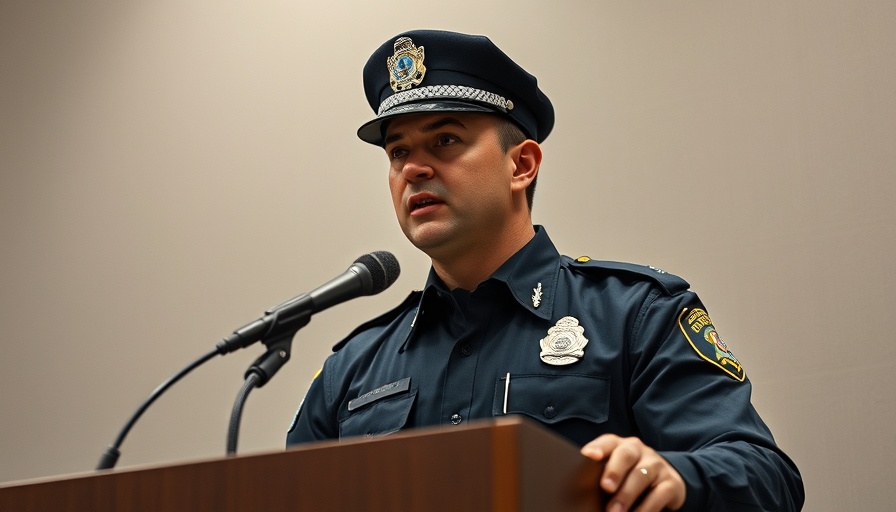
Enhancing School Safety Standards for Seizure Disorders
As students step back into their classrooms this year, a significant shift in how schools handle medical emergencies is underway in South Carolina thanks to the newly enacted Seizure Safe Schools Act. This legislation mandates that schools adopt specific emergency action plans for students with seizure disorders, safeguarding the lives of many vulnerable children. With these changes, educators and staff are put on notice to undergo training that prepares them to act swiftly in potentially life-threatening situations.
A Lifeline for Students with Seizure Disorders
For families navigating the challenge of seizure disorders, the act represents a monumental victory. Sadie Kirell, Director of Nursing Services at Rock Hill Schools, emphasizes the proactive measures already in place. "When we have a student that we know has a diagnosed seizure disorder, we educate those staff members who will be interacting with that student," she explains. By informing teachers, coaches, bus drivers, and cafeteria staff about individualized care plans, schools are transforming from reactive to proactive environments. This changed perspective not only enhances student safety but fosters a sense of community and support for families dealing with chronic health issues.
Broader Implications for Health and Education in Charlotte
The implications of the Seizure Safe Schools Act resonate beyond individual schools; they pave the way for more comprehensive health policies across Charlotte's public schools. Health advocacy groups and parents alike are rallying around this initiative, seeking to expand support for students with other medical conditions—like allergies and diabetes. Charlotte health news outlets have already begun covering the increased focus on student wellness, emphasizing the importance of mental and physical health in educational settings. What's exciting is that this law may lead to further policy advancements that focus on the unique needs of every student.
Personal Accounts: Voices from the Community
As we explore the personal stories behind the Seizure Safe Schools Act, we hear from families who have lived through the fears and challenges that come with managing a child's seizure disorder in school. One local parent narrated a heart-wrenching tale of a seizure episode her child faced during a crowded lunch period, illustrating just how crucial trained staff are in these situations. Charlotte’s community of caregivers is coming together to push for further reforms, encouraging consistent health education for all school staff.
Future of Educational Policies in North Carolina
Looking forward, what does the future hold for educational policies surrounding student health in North Carolina? Experts suggest the Seizure Safe Schools Act could set a precedent for additional laws focusing on mental health support for both students and staff, addressing issues like anxiety and depression. Furthermore, as Charlotte continues to grow as a hub for innovation in healthcare, there is hope that this law will inspire other states to enact similar legislation, creating safer school environments that prioritize the health of every child.
What Parents Should Know About This New Law
For parents across Charlotte, understanding the provisions of the Seizure Safe Schools Act can empower them as advocates for their children's health. By becoming familiar with available emergency action plans and participating in school meetings, parents can ensure they play an active role in their child's care. This law isn't just a piece of legislation; it highlights the collective responsibility of the education community to care for students with unique needs.
As Charlotte evolves in its approach to public health, it's essential for community members to stay connected and informed. Stay updated on the freshest spots in town by checking out Charlotte Local Unplugged on Facebook at @charlottelocalunplugged.
 Add Row
Add Row  Add
Add 




Write A Comment